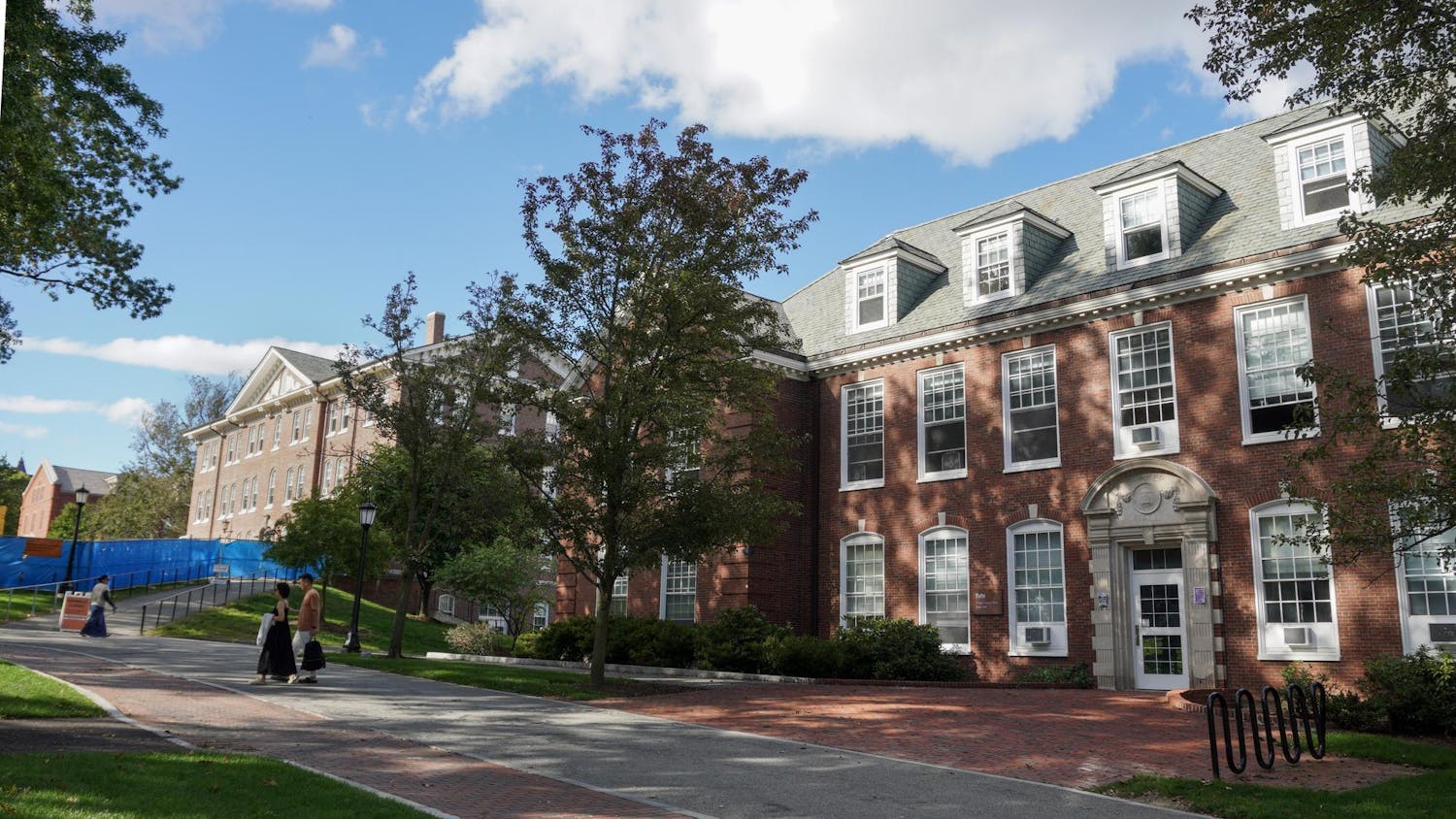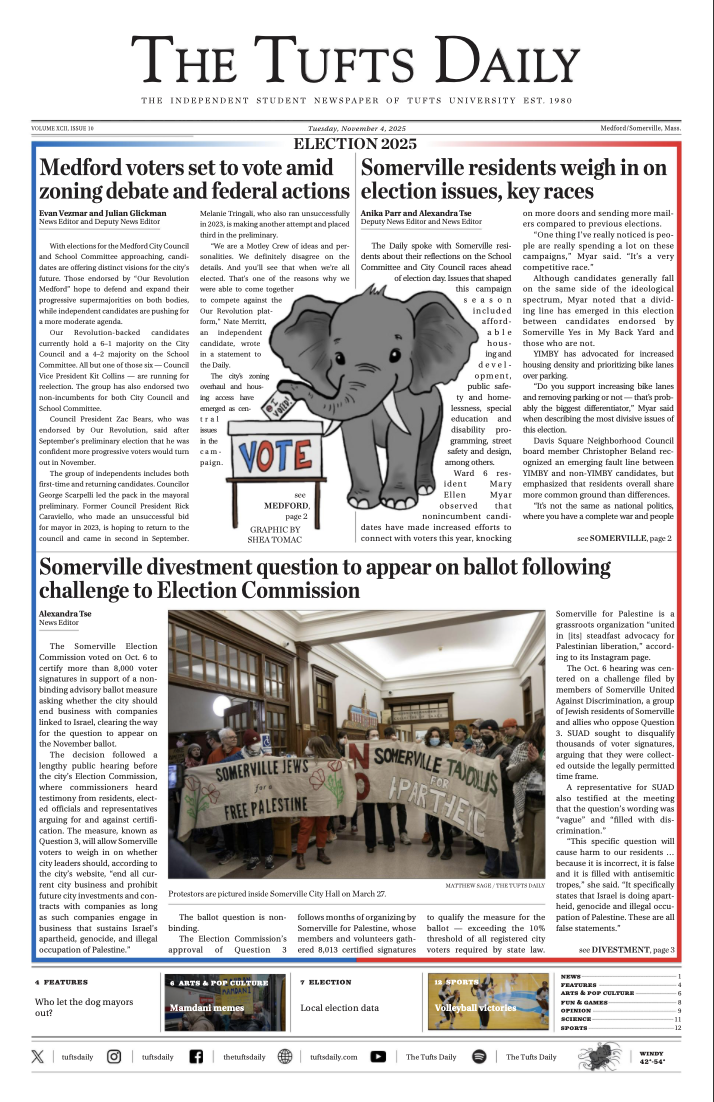I’ve spent the past year being what my friends jokingly like to call a “professional hater,” writing columns where I rant about the bleak state of our world’s social and economic conditions, usually while drinking coffee, as my column name suggests. To be clear, there’s no shortage of issues worth addressing, and I can always think of more to critique. Maybe this makes me a cynic, a pessimist, a subscriber to realpolitik or all of the above.
But beyond venting, I’ve come to realize that the true value lies in the process itself — the act of recognizing the significance, complexity and multidimensional nature of these problems. It has made me realize that — in a self-conceited way — the ability to critically think about social and economic issues is what’s the most important. That said, all I ask is for you to do three things.
First, if you’ve been a reader of my column, I just want to say thank you — I appreciate you. I want to encourage you to keep reading about the world around you, even if it’s not through my column anymore. Never stop your consumption of critical analyses and diverse perspectives about the socioeconomic forces that shape our world. Their influence on our daily lives can seem as indirect as shaping how we perceive our degrees and careers or as direct as driving people into poverty through social and economic systems that perpetuate inequality.
Next, start — or keep — writing. We need more lively, constructive and ongoing conversations about these topics. Words are the best way to express one’s view, as they retain civility and constructivism, making peaceful debates possible. Sure, you may say that all op-ed writers do is point out what’s wrong with the world rather than directly fixing it. And maybe that’s fair. But writing sharpens your thinking and helps you understand the world just a little bit better, which I’d argue, is a change worth making.
And last but not least, keep hoping. Hope for change, hope for progress and hope for the better. Even if sometimes it may seem like we’re searching every sign of evidence for any reason to stay hopeful, I believe that is necessary. Our social and economic systems can always evolve to serve more people, and it’s only by daring to dream bigger that meaningful and innovative ideas ever take shape — especially in a world so vulnerable to shocks and instability, and where hard-won progress can be reversed in an instant.
Even if we can’t always change the tangible state of our economy, constructive and civil conversations keep these issues alive and give them the context they deserve. Whether it’s been my thoughts on the capitalist nature of our system, on corporate America or on education, I hope that my columns this semester have somewhat inspired you to read, to write or simply to wonder and hope. It’s only through close and curious engagement with these issues that we can continue contributing to the conversations that truly matter.






